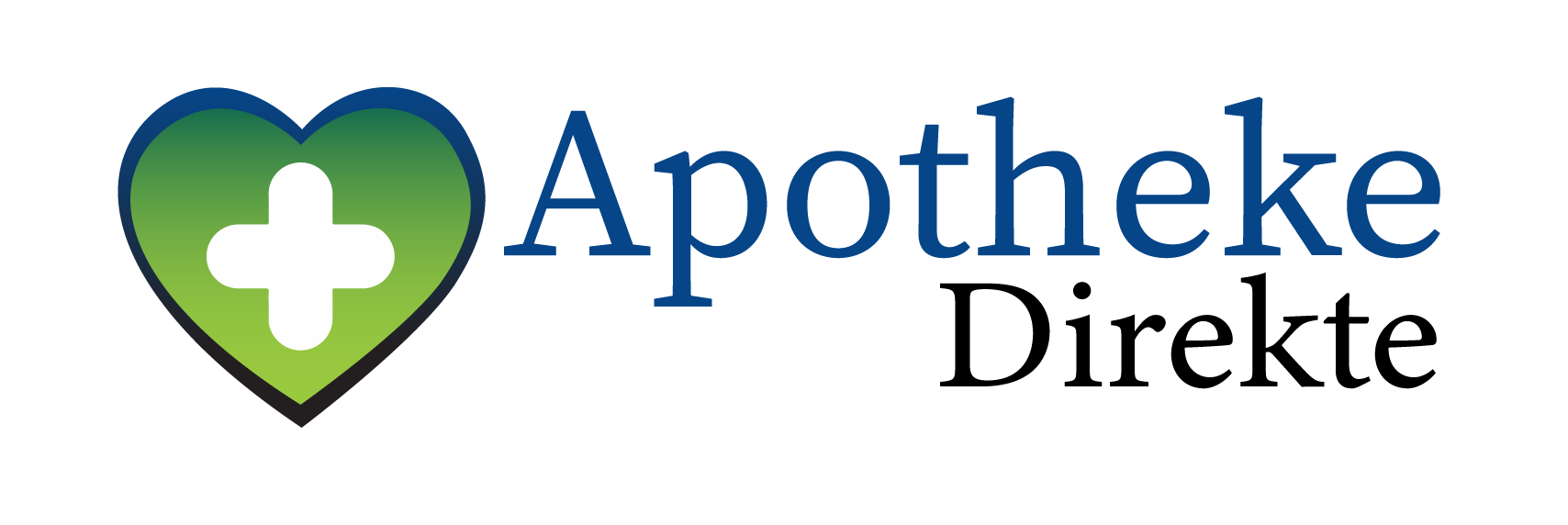Understanding the Uses of Dihydrocodeine 30 mg Tablets
The research on pain management gave every type of medication to interested people. Dihydrocodeine is one such medicine at present. Dihydrocodeine 30 mg tablets have been in very common use for those treating more severe pain types. We will discuss the uses of dihydrocodeine 30 mg tablets and how they prove beneficial to treat such problems; besides, we are pointing out alternative options as well to deal with the same issue.
What is Dihydrocodeine?
Dihydrocodeine is a semi-synthetic opioid analgesic, which comes directly from codeine. Its main mechanism of action is binding to opioid receptors located in the brain, which subsequently decreases the perception of pain and modifies the emotional response connected with the pain; therefore it is a very good drug for the treatment of patients with a variety of types of pain: injury, post-operative pain, and chronic pain.
Main Uses of Dihydrocodeine 30 mg Tablets
- Pain Relief: The primary uses of dihydrocodeine 30 mg tablets are centered around pain management. These tablets are very helpful for those with moderate to severe pain, as they give relief that drugs over the counter cannot. It can be used to treat different types of pain from post-operative pain to chronic diseases such as arthritis and is much more effective for patients.
- Chronic Pain Management: It makes all the difference in the world for those with chronic pain conditions. Dihydrocodeine helps one to cope with their pain more successfully, which is important because it makes it easier to manage one’s day-to-day life without feeling bound by pain.
- Suppressing Cough: Off-label, it may also be used as an antitussive medication to suppress the cough reflex; the primary and official use is pain relief.
Dosage and Administration
To administer dihydrocodeine 30 mg tablets, there ought to be compliance by patients to the prescriptions that their doctors have issued them. They are usually administered orally with or without food. Overdoses tend to cause adverse effects and raise the likelihood of dependency.
Potential Side Effects
While dihydrocodeine is effective, it is essential to recognize that, like all medications, it comes with potential side effects. Common side effects include:
- Drowsiness or sedation
- Nausea and vomiting
- Constipation
- Dizziness
- Respiratory depression
Patients should be vigilant about these side effects and contact their healthcare provider if they experience any severe reactions, such as difficulty breathing or allergic reactions.
The Best Pain Relief Tablets
At Apotheke Direkte, we understand that managing pain effectively is crucial for maintaining a good quality of life. Our range of best pain relief tablets includes dihydrocodeine as well as other effective options for various types of pain relief. Whether you’re dealing with toothache, muscle pain, or joint discomfort, our tablets are formulated to provide fast and effective relief.
Additionally, our offerings include a variety of tablets to relieve body pain, such as:
- Cocodamol: This contains paracetamol and codeine for moderate relief of pain.
- Codeine Phosphate: Another opioid pain reliever for acute pain management.
- Oxylan: It is for the treatment of challenging pain conditions.
- Tramadol: This drug is used as a substitute for patients who cannot be treated with the classic opioids.
Natural Solutions for Pain Relief
In addition to pharmaceutical options, Apotheke Direkte provides a selection of natural solutions for those seeking holistic approaches to pain relief. Our range includes:
- Joint Pain Relieving Plant: Known for its anti-inflammatory and analgesic properties, this natural remedy is excellent for those suffering from joint discomfort.
- Muscle Pain Ointment: Ideal for localized relief, our ointment can soothe sore muscles after a long day or an intense workout.
- Essential Oil for Muscle Pain: For total relaxation, try our essential oil that can help relieve muscle pain and promote a sense of calm.
Usage Tips for Optimal Results
For the best outcomes when using our products, it’s essential to follow the provided instructions carefully. For example, take our pain relief tablets as directed and integrate our natural solutions into your routine for continued relief. Additionally, consulting with a healthcare professional before introducing new products is vital, especially for those with underlying medical conditions.
Final Thought
Knowing the uses of dihydrocodeine 30 mg tablets can enable patients to master their pain. Being an opioid analgesic, the medicine becomes important in fighting mid and high levels of pain. In this regard, Apotheke Direkte provides hundreds of natural remedies side by side with conventional medications, thus enabling each patient to find appropriate relief according to personal preferences and necessities.
Whether you want to relieve your pain through special tablets or just specific medicines to ease body aches, Apotheke Direkte is there for you. Pain need not slow you down. Go ahead and explore our range today, taking the first step towards a pain-free life!
FAQ
1. What conditions can dihydrocodeine 30 mg tablets treat?
Answer: Dihydrocodeine 30 mg tablets are primarily used to manage moderate to severe pain, including pain following surgery, injury, or chronic conditions such as arthritis. Additionally, they can be used off-label as a cough suppressant for persistent coughs resulting from respiratory issues.
2. Are there any side effects associated with dihydrocodeine 30 mg tablets?
Answer: Yes, dihydrocodeine can cause side effects. Common side effects include drowsiness, constipation, nausea, dizziness, and respiratory depression. It’s important for patients to monitor their response to the medication and consult a healthcare professional if they experience any severe side effects or allergic reactions.
3. How should I take dihydrocodeine 30 mg tablets for optimal results?
Answer: Dihydrocodeine 30 mg tablets should be taken orally as directed by a healthcare professional. It can be taken with or without food, but it’s crucial to follow the prescribed dosage to avoid the risk of dependency and side effects. Always consult with your doctor before starting or discontinuing any medication, especially if you have underlying health conditions.

